The world is on fire due to climate change. Take Rhodes for example.
Ah, I see you aren’t convinced, you climate change denier. How about Corfu?
Still not convinced? The apocalyptic photos clearly haven’t done their trick. Rightly so because most of the 667 fires that have erupted across Greece were started “by human hand”, the country’s senior climate crisis official has said.
In fact, an article in the WSJ shows quite the opposite from a world on the verge of burning itself up. Since 2021, the percentage of the world that burns has been on the decline.
Satellites have been recording the amount of fires on the planet’s surface and the trend is very firmly down. In the early 2000s, 3% of the world burnt but last year a new low was set at 2.2%.
Across the world, fewer acres burning each year has led to overall lower levels of smoke, which today likely prevents almost 100,000 infant deaths annually, according to a recent study by researchers at Stanford and Stockholm University.
The article reminds the reader to remember other climate scare tactics that proved duds. Remember the starving polar bears that were dying out due to iceless land?
Actually, it is now estimated that they are more populous than at any time in the last half-century.
It’s almost as if these charities are purposefully lying to you and tugging on your heartstrings… to take your money. No, they would never do that. These are charities full of kind, caring and honest people. I must be mistaken.
Again, the WSJ article points to the increasing amounts of hurricanes we are told we are having, when in fact satellite data shows the opposite.
Whilst I am on the subject of climate change, readers keep referring me to a volcanic eruption, that occurred last year, that was rarely mentioned.
This happened on 15 January 2022 in Tonga but we didn’t hear much about it because it was underwater. However, this was a major event which NASA warned could temporarily warm the Earth’s surface.
When the Hunga Tonga-Hunga Ha’apai volcano erupted on Jan. 15, it sent a tsunami racing around the world and set off a sonic boom that circled the globe twice. The underwater eruption in the South Pacific Ocean also blasted an enormous plume of water vapor into Earth’s stratosphere – enough to fill more than 58,000 Olympic-size swimming pools. The sheer amount of water vapor could be enough to temporarily affect Earth’s global average temperature.
“We’ve never seen anything like it,” said Luis Millán, an atmospheric scientist at NASA’s Jet Propulsion Laboratory in Southern California. He led a new study examining the amount of water vapor that the Tonga volcano injected into the stratosphere, the layer of the atmosphere between about 8 and 33 miles (12 and 53 kilometers) above Earth’s surface.
Millán and his colleagues estimate that the Tonga eruption sent around 146 teragrams (1 teragram equals a trillion grams) of water vapor into Earth’s stratosphere – equal to 10% of the water already present in that atmospheric layer. That’s nearly four times the amount of water vapor that scientists estimate the 1991 Mount Pinatubo eruption in the Philippines lofted into the stratosphere.
NASA says that volcanic eruptions rarely inject water into the stratosphere and they have only ever recorded it twice before. Once in Alaska in 2008 and another in Chile in 2015. Both of these sent appreciable amounts of water vapour to high altitudes but theses “were mere blips” compared with last year’s Tongan volcano. And whilst the previous eruptions dissipated quickly, NASA suggests the vapour from the Tongan volcano could remain in the stratosphere for several years.
This extra water vapor could influence atmospheric chemistry, boosting certain chemical reactions that could temporarily worsen depletion of the ozone layer. It could also influence surface temperatures. Massive volcanic eruptions like Krakatoa and Mount Pinatubo typically cool Earth’s surface by ejecting gases, dust, and ash that reflect sunlight back into space. In contrast, the Tonga volcano didn’t inject large amounts of aerosols into the stratosphere, and the huge amounts of water vapor from the eruption may have a small, temporary warming effect, since water vapor traps heat. The effect would dissipate when the extra water vapor cycles out of the stratosphere and would not be enough to noticeably exacerbate climate change effects.
The world isn’t burning and last year’s volcano could explain the recent heatwave.




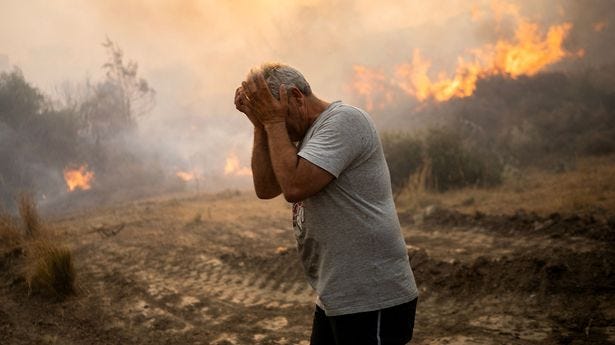
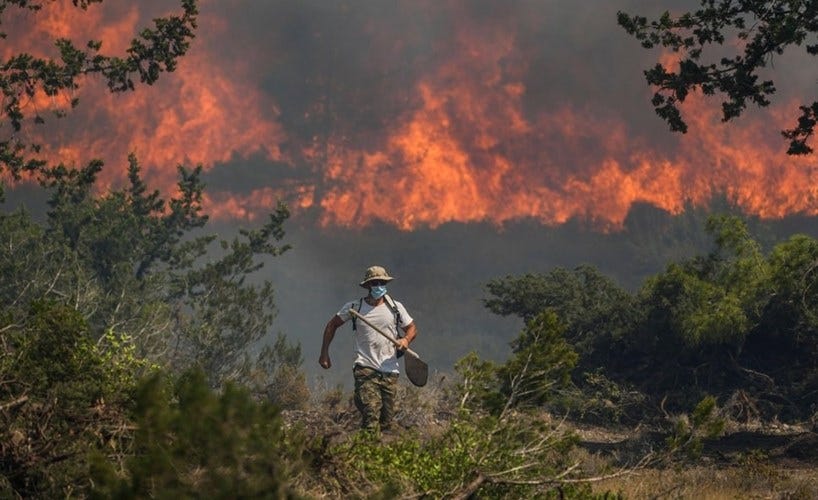
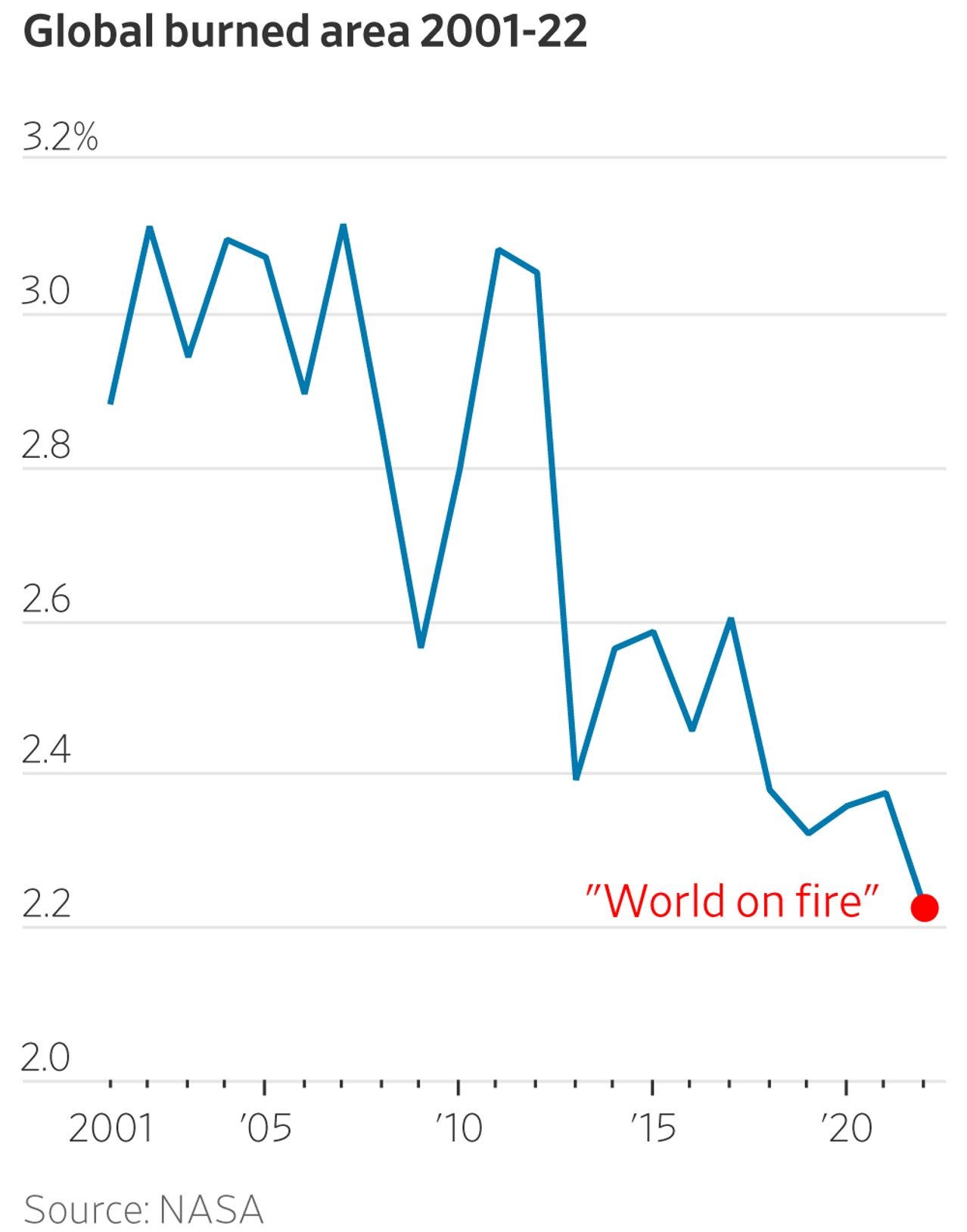
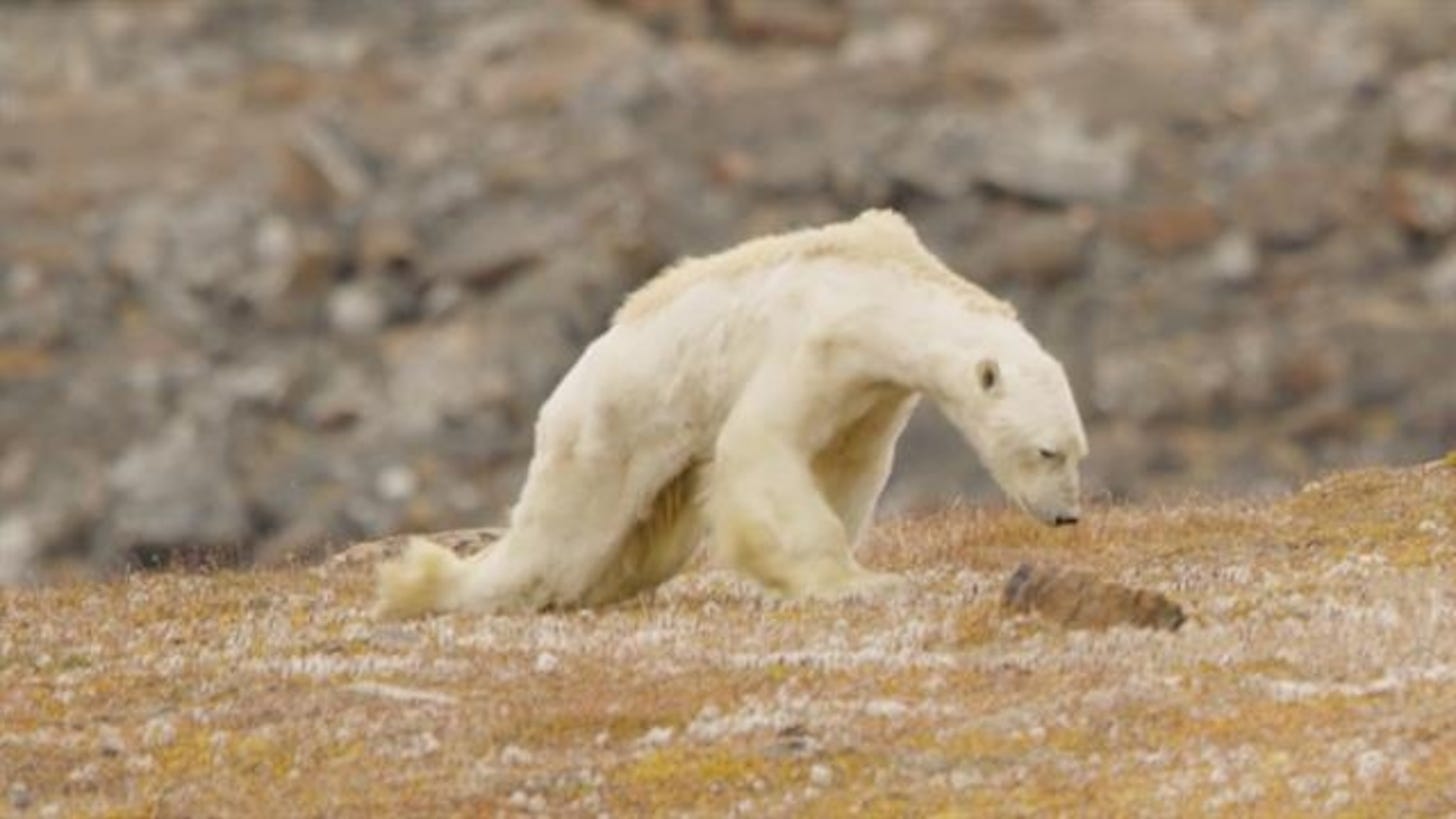
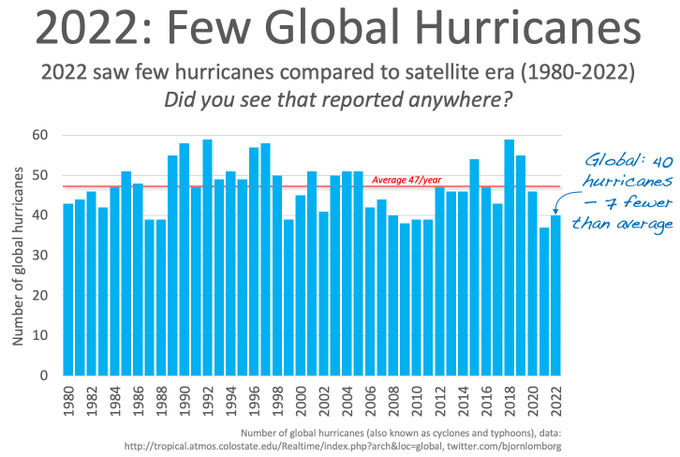
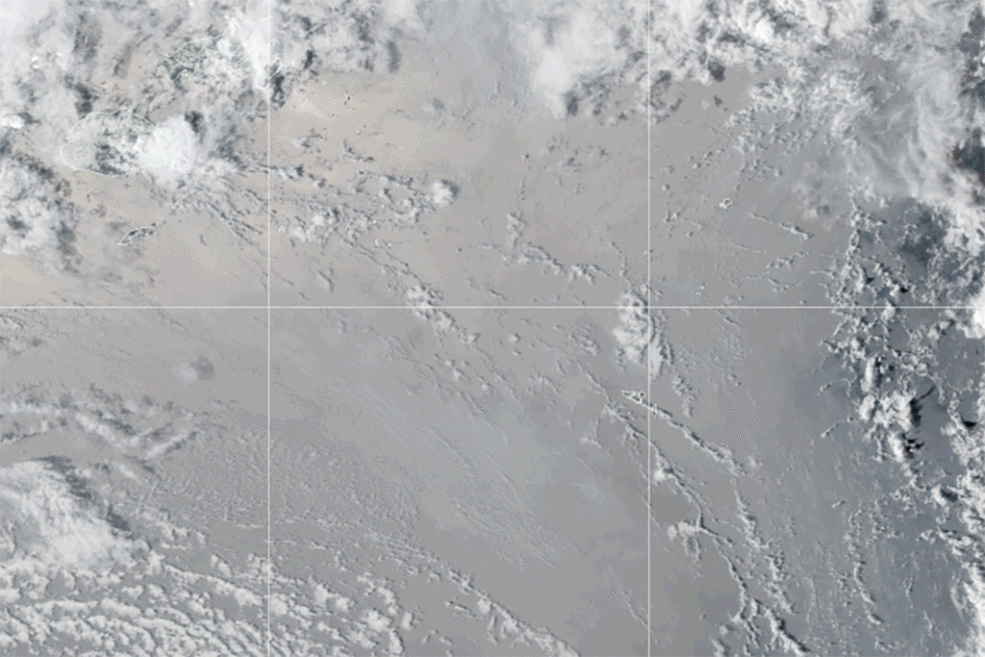
They used HAARP totrigger Tonga to feed the planet is boiling and on fire narrative. The elites are right "climate change" is man-made, by the elites who want depopulation and a global technofascistic "government" without soveriegn nations.
These climate nazis should live by the standards that they want to impose on the rest of us. Practice what you preach. I am curious about one thing, do these people realize they're in a cult? No matter what data you point out, they'll refuse to believe it.